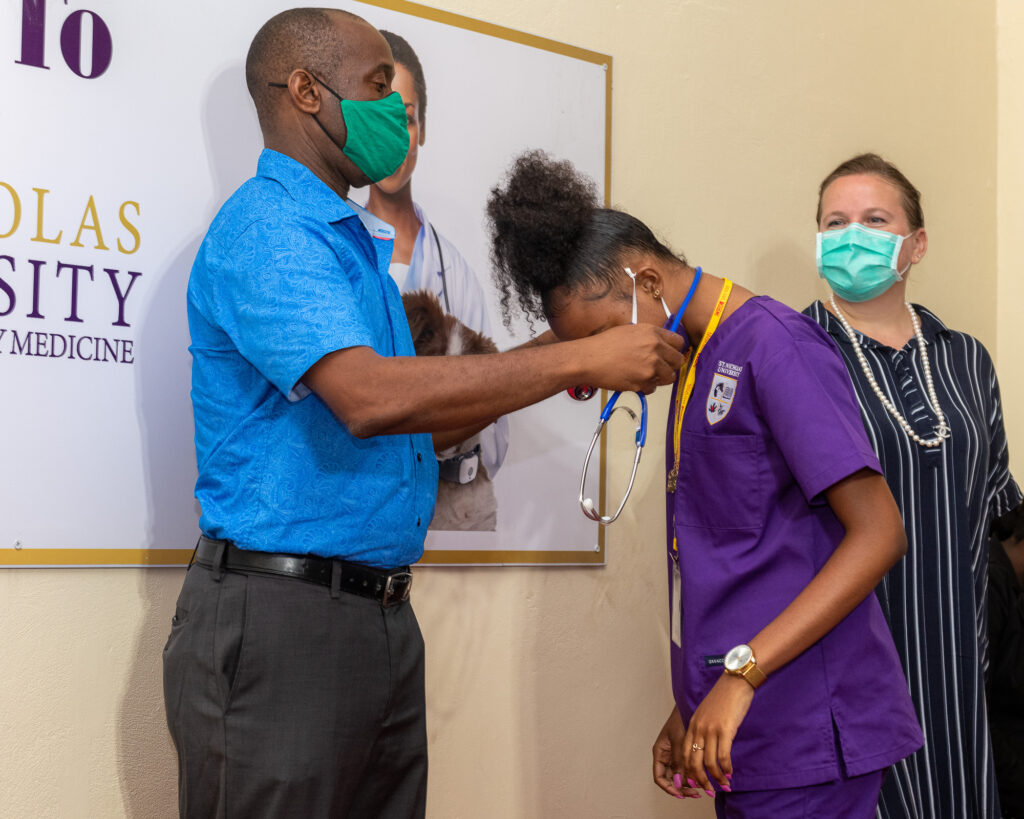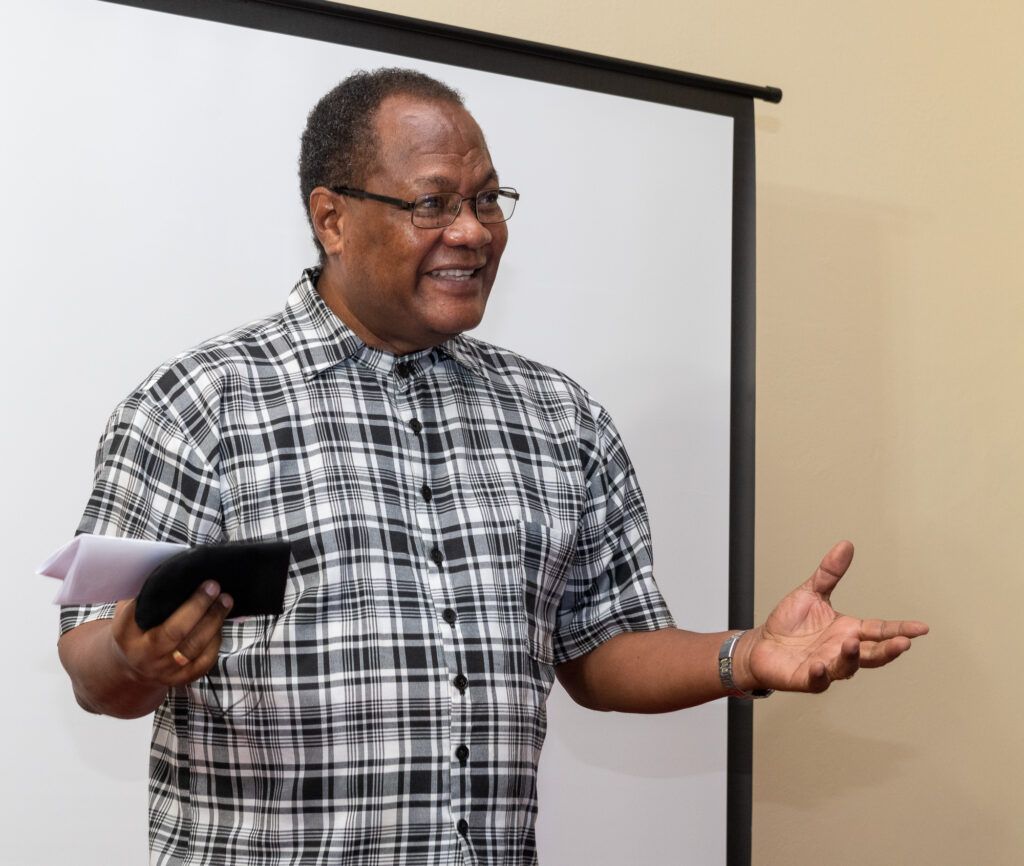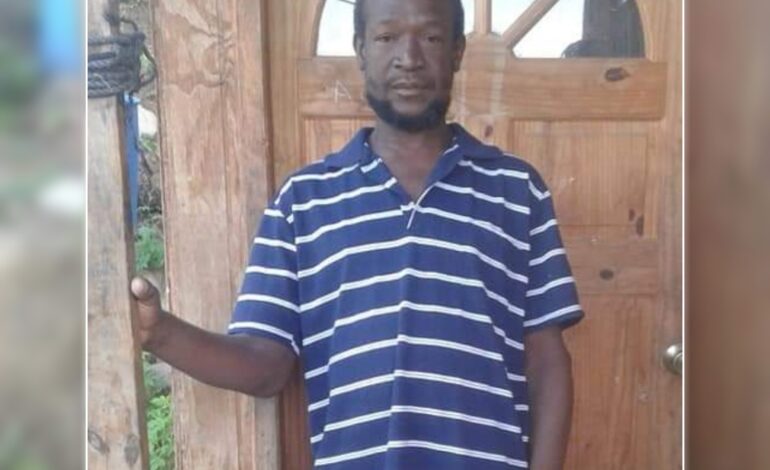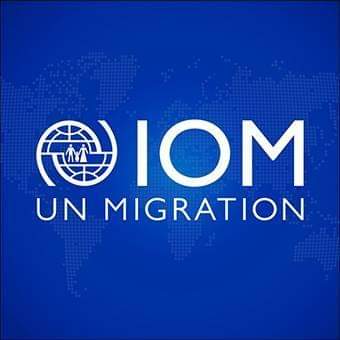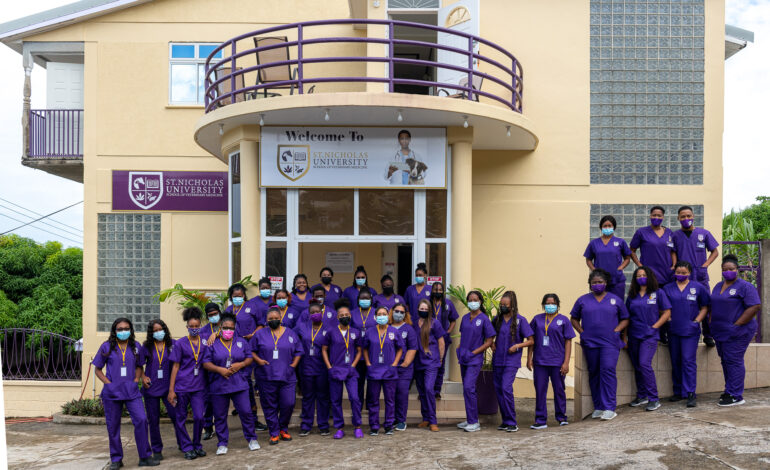
Opening an academic institution is always a complicated business. But opening one just before a wave of COVID pandemic, makes such task significantly more difficult. When St Nicholas University School of Veterinary Medicine opened its door in January, international travel restrictions affected number of arriving students, with those attending being mostly from Dominica and neighbouring islands.
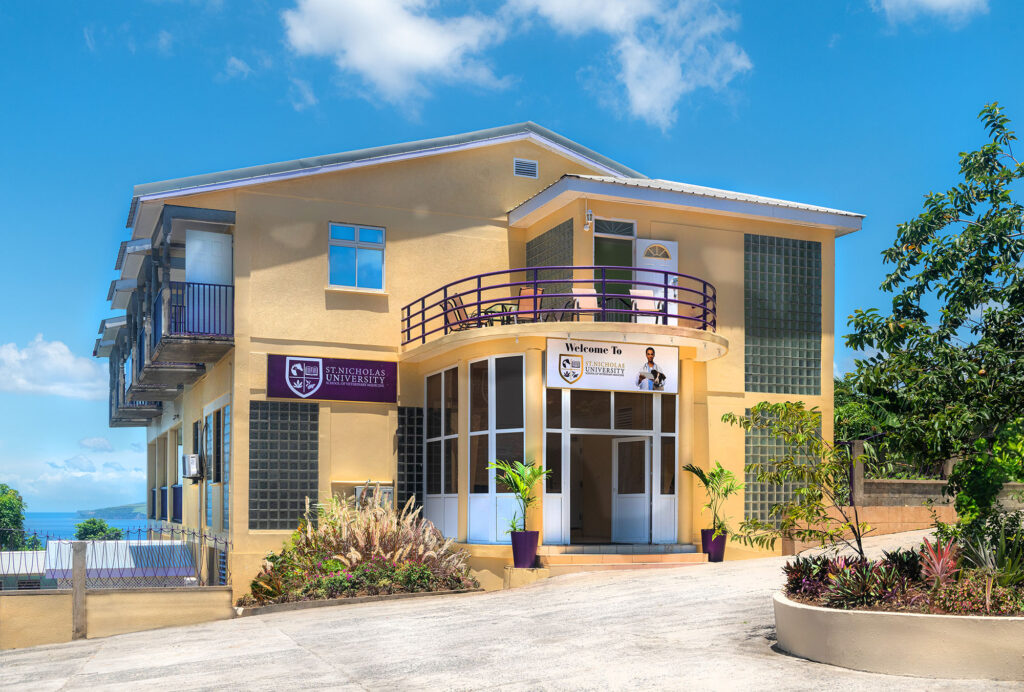
However, quickly gained good reputation, excellent scholarship options, and University approach to education, continued generating international interest. With new applications arriving from abroad and a large selected group of new best candidates, the University moved to its new, much bigger campus reflecting its growth.
“I always believed that high education should be available to many, not just a few select people. Making our University studies affordable sets the core of this belief, and I am thrilled to see the influx of students from Dominica and abroad” – says Dr Golnaz Naderkhani, University president and a specialist physician herself. “As we are expanding it is important that we also continue with high standards of education, adding acclaimed international and local veterinarians and scientists to our growing group of professors, also using modern technologies to students’ advantage”.
Forty five students from Dominica, Jamaica, St. Lucia, Antigua, Barbados, Bahamas, Guyana, and France will start their new university year on Monday. During Friday’s opening ceremony, students were presented by Deans with a stethoscope – a symbolic key tool to diagnose their animal patients, bringing them back to good health. Among special guest speakers at the opening we should mention Mr Raymond Lawrence, sharing with audience a bit of Dominica history, and Major Dorsen Robin addressing security and safety protocols.
“It is exciting to see the University shaping up to be truly international academic institution”, reflected Dr Naderkhani. “The new Campus, large enough to also partly facilitate the non-profit St Nicholas Animal Rescue, adds another dimension to our veterinary education. Rescue animals help with handson experience so important for our students. I can see our Veterinary School in just two or three years reaching its full capacity, sending highly qualified Veterinarians to work on international posts, and bringing benefits to the region, Dominica, and our community”.
Indeed, the University – being listed with AVMA and therefore allowing its Alumnus to work in countries such as Canada, USA, or UK – continues to internationally attract attention of those considering veterinary career.
For more details: www.snu.vetwww.snar-dm.com
